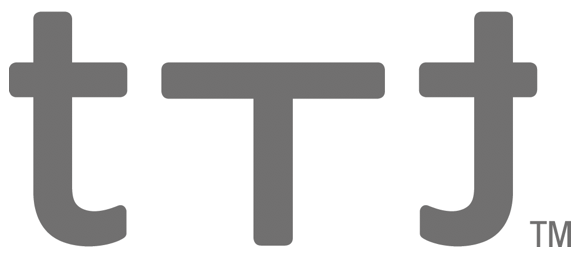Talk the Talk Mediation
Talk the Talk Mediation is a solutions-oriented dispute resolution service which deals with all manner of conflicts between people and between people and organisations where relationships have broken down.
Mediation is also known as alternate dispute resolution or appropriate dispute resolution and each has the same meaning as the other. It is a structured process which is not about deciding who is right and who is wrong. It is not about blame. It is about each of the parties hearing each other's stories with a view to coming to an agreement.
Who should mediate?
Mediation is suited to
family law matters involving children and property between married or de facto partners
workplace disputes including bullying, discrimination and harassment
wills and estates where contests arise between siblings, amongst family members
elderly people regarding care arrangements and financial matters
community and neighbour arguments
business deals gone wrong
If arguments persist then sooner or later decisions need to be made by one or both parties to
Give up; pack the bags, go home unhappy
Keep the argument alive ensuring the relationship will end in tatters
Fight in court with all the attendant stressors, dramas and costs with no control over the outcome.
physically leave the environment where the dispute exists
ignore the dispute, and the person or people involved, and hope it will just fade away
Why mediate?
Mediation offers a way out of the impasse when each party enters into it in good faith. It provides an opportunity
to discuss the matters in issue confidentially
for each party to hear the other's views
to consider the best alternative for solving the argument
to walk away in control of the outcome with a solution that might be win-win or, at least, one that can be lived with
to not have a court make a decision which might result in one or other party being worse off without recourse
to save time and money by not litigating in court
What happens in a mediation?
Attending a Mediation session
is voluntary
is confidential
can be arranged quickly and easily with the agreement of both parties
enables free communication in a constructive environment under the control of an independent mediator
can occur when parties to the mediation are authorised to settle the dispute at the session
is a flexible experience with no formalities or protocols to adhere to
is about coming with an open mind as far a possible and be willing to hear and to listen; to be flexible; to focus on the future rather than the past
may result in an agreement being reached which is as binding as the parties intend it to be
may require another if time and/or the issues arising aren't able to be completed in the allotted appointment
can enable you to bring an adviser, or friend, but those people don't participate in the discussion
Preparing for a Mediation session - in two parts
Part 1 - you and the Mediator
Once a mediation is decided upon as a course of action the Mediator will make contact with each party in what is called an intake interview for the purpose of
listening to your side of the story
explain how the mediation session will progress and the steps involved
identify any concerning issues including violence, drug or alcohol abuse which could make the session unfair or inappropriate
deal with any concerns
provide suggestions of other services which might help you deal with the situation in which you find yourself, if necessary
Part 2 - your own preparation
Prior to the appointment for mediation you should
identify and write down the topics you wish to discuss
seek legal advice if you think that might help you
consider the outcomes you might be prepared to accept
keep an open mind
The Mediator
is independent of each of the parties
is neutral and impartial and will not take sides
is not a decision maker or judge and cannot and will not impose an outcome on either or both of the parties
will not give any advice - legal or otherwise - to either party
will provide guidelines to the parties on how the mediation will be conducted
will enable each party to be heard; to work out common ground; the important issues to each party; to find solutions to identified issues
will not tell you how to solve the argument
The Mediation process step-by-step
every step in the process is confidential
each party signs an agreement to mediate and agrees to pay 50% of the costs of the mediation (mediator costs, venue hire etc)
opening - where the mediator explains the process and sets the ground rules
initial joint session - where each party gives his or her side of the story
summary - the mediator will summarise the positions
agenda or topics - the mediator will identify the common themes arising from each of the party's opening remarks
joint exploration of the issues to uncover the interests of each party
private sessions - the mediator will speak to each party confidentially and separately
joint session - where the parties generate options and begin negotiation which leads to the
final joint session - where agreement is reached and the mediation closed
it is up to the parties to them implement the agreement concluded





